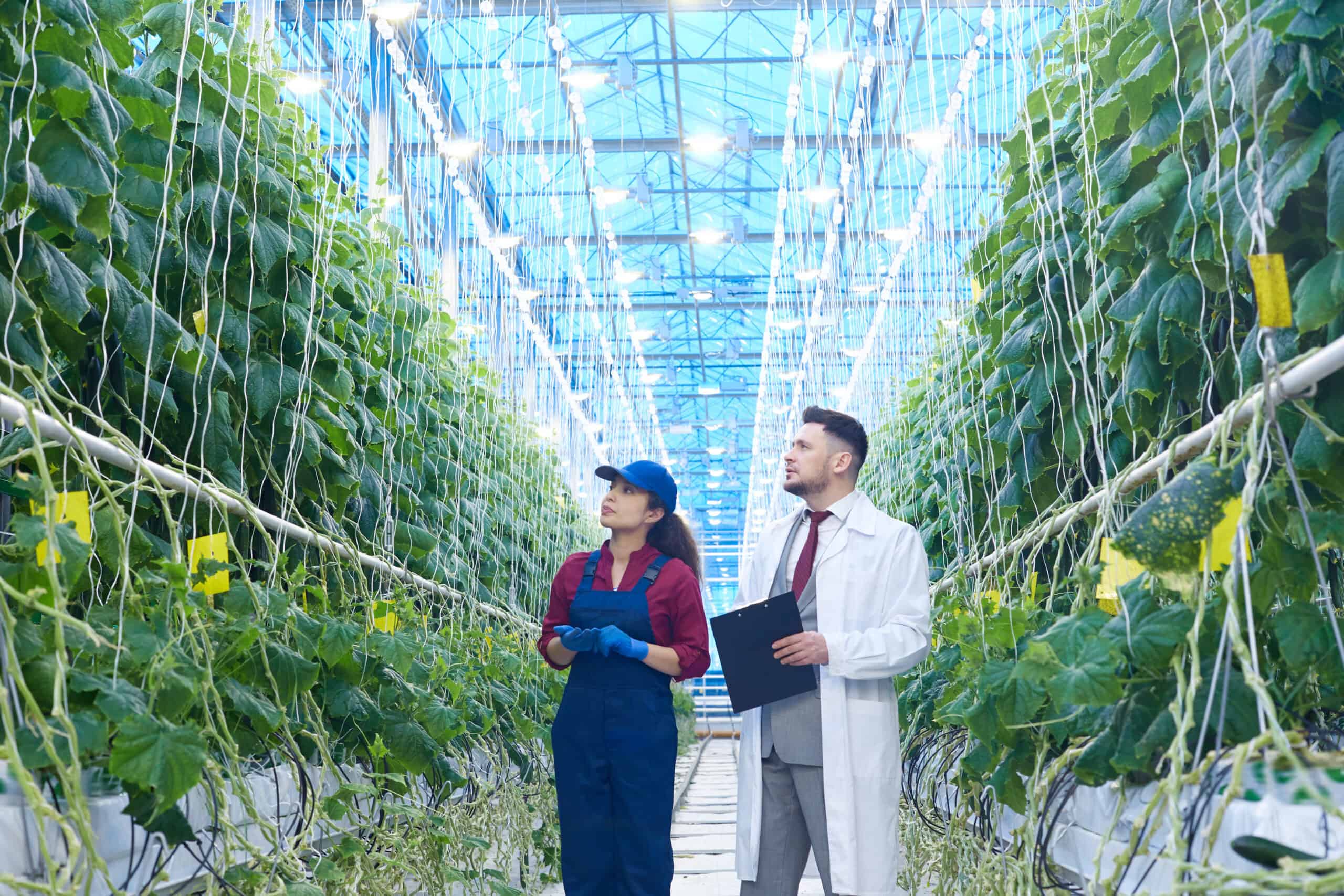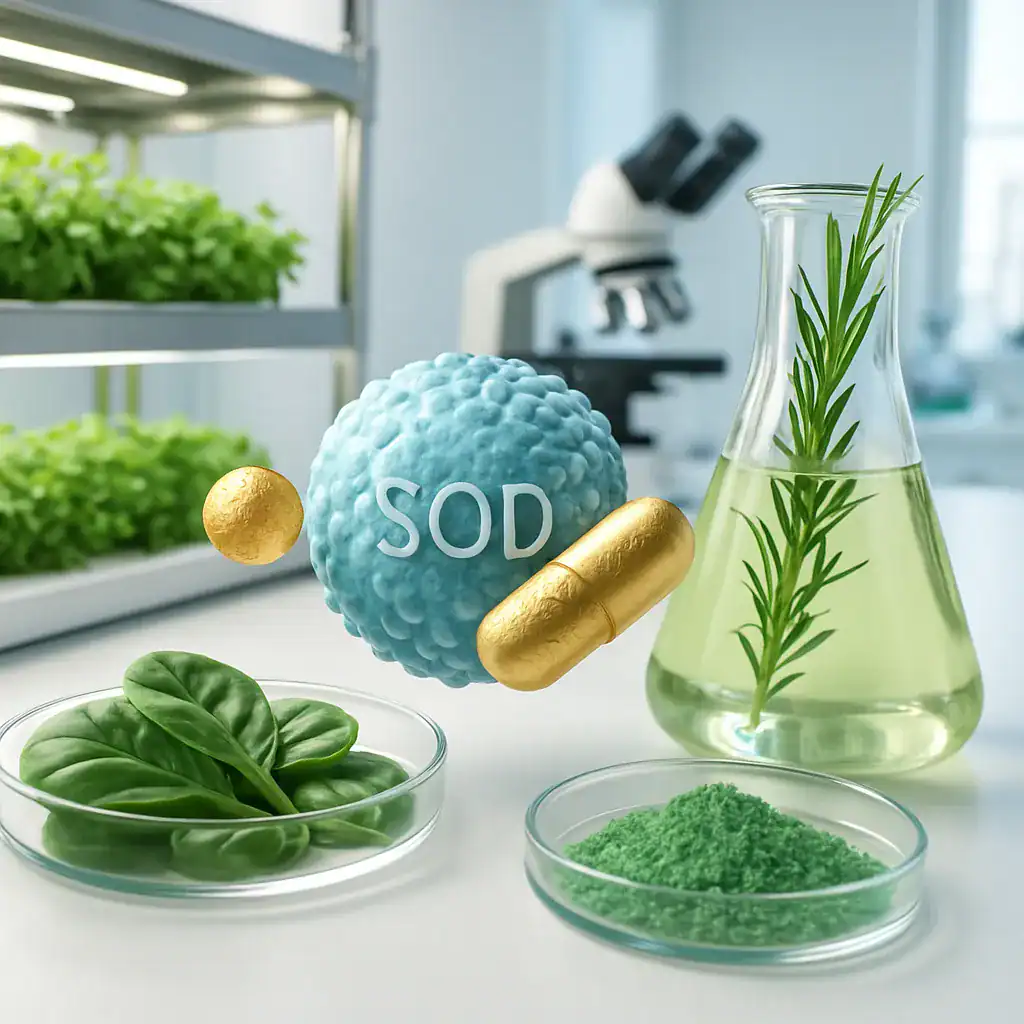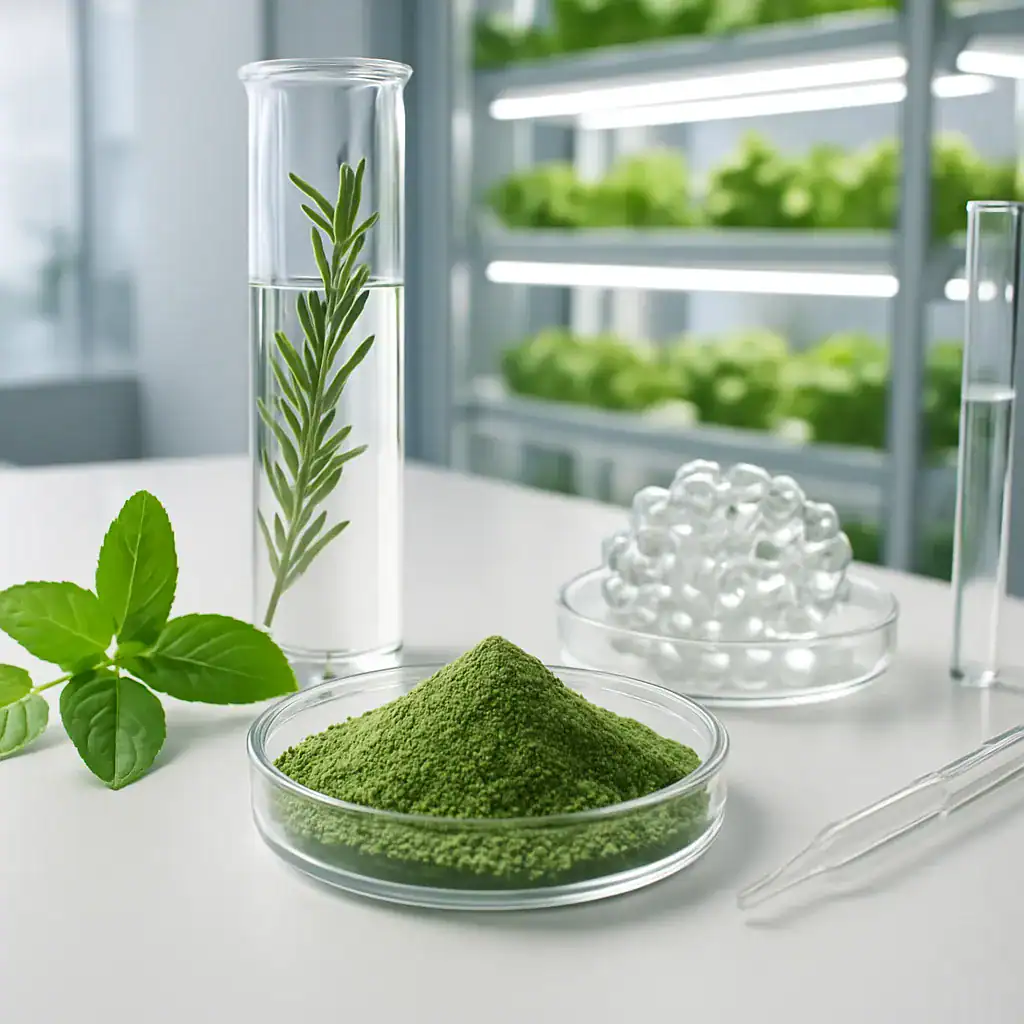Herbal Farming in Urban Spaces: The Potential of Vertical Farming
Eco-Certifications in Agriculture: Ensuring Quality and Sustainability in Natural Products
In today’s health-conscious world, the journey from farm to supplement bottle is increasingly scrutinized. As consumers become more aware of what they put into their bodies, eco-certifications in agriculture have emerged as vital trust markers that connect sustainable farming practices with high-quality nutraceutical products. But what exactly are these certifications, and why should you care about them?
The Critical Role of Agricultural Certifications in Nutraceutical Quality
When you examine a premium nutraceutical product, the quality begins long before processing—it starts in the soil. Eco-certifications provide assurance that the botanical ingredients in your supplements were grown under conditions that optimize both their nutritional profile and environmental sustainability.
Have you ever wondered why some plant-based supplements seem more effective than others? The answer often lies in how they were cultivated. Agricultural practices directly influence the concentration of bioactive compounds in plants, affecting everything from antioxidant levels to essential nutrient content.
Certification Standards That Elevate Product Efficacy
Certified organic farming eliminates synthetic pesticides and fertilizers that can compromise plant quality. But that’s just the beginning. Advanced certifications now measure soil health, biodiversity support, and even carbon sequestration—factors that create optimal growing conditions for medicinal plants.
That’s clear for organic production, but have you considered that regenerative agriculture certifications might actually produce plants with enhanced phytochemical profiles? Research suggests that plants grown in biologically active soil develop stronger natural defense mechanisms, potentially increasing their beneficial compounds.
Beyond Organic: The Evolution of Agricultural Certification Systems
While organic certification remains the foundation, today’s eco-certification landscape has evolved dramatically to address specific concerns in nutraceutical production. These specialized certifications go beyond simply avoiding harmful practices—they actively promote methods that enhance plant potency.
Our Key Areas of Expertise




The Integration of Eco-Certifications Throughout the Nutraceutical Supply Chain
When you’re selecting nutraceuticals for your health regimen, the impact of eco-certifications extends far beyond the farm. These certifications create a ripple effect through the entire production process, influencing everything from nutrient preservation to bioavailability of the final product. The relationship between agricultural certification and downstream processing forms an interconnected web that ultimately determines the efficacy of natural health solutions.
Agricultural Practices and Their Impact on Bioactive Compound Profiles
The methods used to grow botanical ingredients directly determine their phytochemical composition. Plants grown under sustainable farming conditions develop more robust natural defense mechanisms, which translate to higher concentrations of beneficial compounds. For example:
- Plants grown in certified biodynamic systems show up to 20% higher antioxidant activity
- Regeneratively farmed herbs demonstrate enhanced essential oil profiles
- Soil microbiome diversity correlates with increased secondary metabolite production
When vertical farming operations implement these certified practices, they create controlled environments that optimize both yield and bioactive profiles. This is particularly important for medicinal plants used in nutraceutical formulations, where consistent potency is essential for therapeutic effects.
Extraction Technologies Enhanced by Certification Requirements
The benefits of eco-certification extend directly into the processing phase. Many certification bodies now require low-impact extraction methods that preserve the plant’s natural biochemistry. You’ll find that products sourced from certified operations often employ:
- Water-based extraction instead of harsh solvents
- Supercritical CO₂ processes that leave no chemical residues
- Low-temperature processing that preserves heat-sensitive compounds
These requirements create a perfect synergy between agricultural certification and manufacturing excellence. When PhNóva sources raw materials for its Exosomes Nutra line, preference is given to suppliers with comprehensive sustainability certifications precisely because these practices enhance the final exosome quality and functionality.
Certified Transparency in the Nanotechnology Revolution
The emerging field of plant-derived exosomes and nanodelivery systems particularly benefits from agricultural certification programs. Because these technologies operate at the microscopic level, even minor contaminants or quality variations can significantly impact performance.
Certification programs provide the transparent documentation needed to ensure that:
- Source plants are grown without synthetic inputs that might alter vesicle composition
- Soil health management practices create optimal conditions for exosome development
- Traceability systems document every step from seed to final extraction
This level of agricultural oversight becomes crucial when developing advanced delivery systems for nutraceuticals, where purity and consistency determine whether bioactive compounds reach their intended targets in the body.
Certification’s Role in Functional Food Development
The integration of nutraceuticals into functional foods represents another area where agricultural certification plays a critical role. Food matrix interactions can significantly influence how bioactive compounds are absorbed and utilized by your body.
When developing formulations like PhNóva’s Superoxide Dismutase (SOD) products, the source material’s certification status provides essential information about:
| Certification Type | Impact on Functional Food Development |
|---|---|
| Organic | Ensures absence of pesticide residues that might interact with bioactives |
| Regenerative | Supports enhanced enzyme activity in plant materials |
| Non-GMO | Prevents unintended genetic modifications that could alter protein structures |
| Fair Trade | Ensures ethical sourcing while often correlating with traditional growing methods that preserve phytochemical integrity |
This information becomes particularly valuable when working with powerful enzymes like SOD, where activity levels directly determine their ability to neutralize oxidative stress and support cardiovascular and joint health.
Consumer Health Benefits of Certification-Integrated Supply Chains
The ultimate beneficiary of integrated certification systems is you, the health-conscious consumer. When agricultural certification standards inform every step of production, you receive products with:
- Enhanced bioavailability due to optimal phytochemical profiles
- Reduced toxic load from chemical-free growing practices
- More consistent batch-to-batch efficacy
- Synergistic combinations of naturally occurring compounds
These benefits are especially evident in products addressing chronic inflammatory conditions, where purity and potency determine therapeutic outcomes. For instance, certified botanical sources for anti-inflammatory formulations typically contain broader spectrums of complementary compounds that work together for more comprehensive inflammation management.
Sensory Quality Improvements Through Certification
Beyond health benefits, agricultural certification practices often result in improved sensory qualities that enhance your supplement experience. Aroma profiles in botanical ingredients are directly influenced by growing conditions, with certified sustainable practices generally yielding more complex and desirable sensory characteristics.
This becomes particularly relevant for PhNóva’s Aroma Neutra & Food range, where the natural masking agents derived from certified botanical sources demonstrate superior ability to neutralize unwanted bitterness or aftertaste in nutraceutical formulations. The connection between soil health, plant vitality, and sensory compound development represents yet another way that agricultural certification creates value throughout the production chain.
R&D Consultancy
Discover how PhNóva’s R&D Consultancy can help transform your idea into a market-ready solution — with expert support in formulation, regulatory compliance, and innovative delivery systems to give your product a competitive edge.
FAQ's about Herbal Farming in Urban Spaces: The Potential of Vertical Farming
Get in Touch with PhNóva
Have questions or need expert guidance? Contact us today — our team is ready to assist you with tailored solutions for your formulations.

28/03/2025






